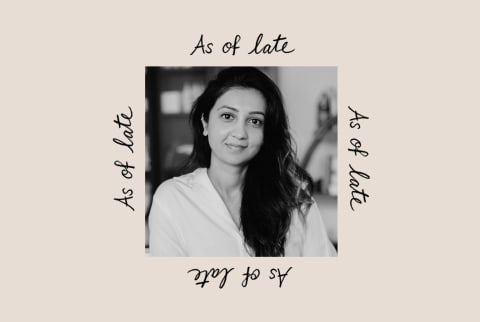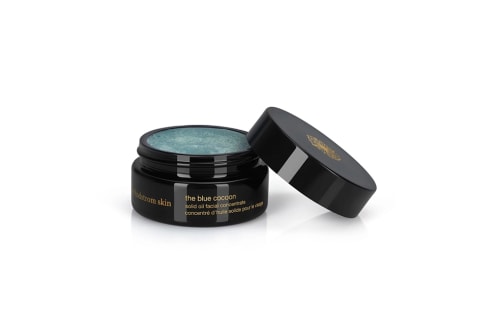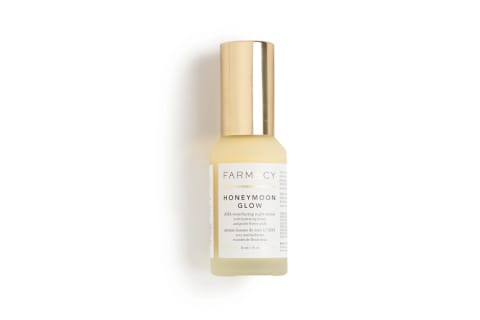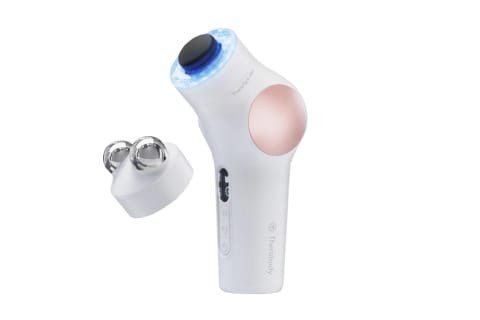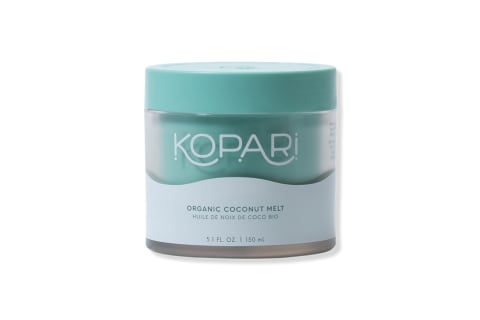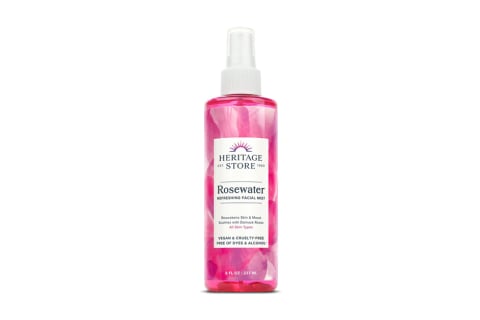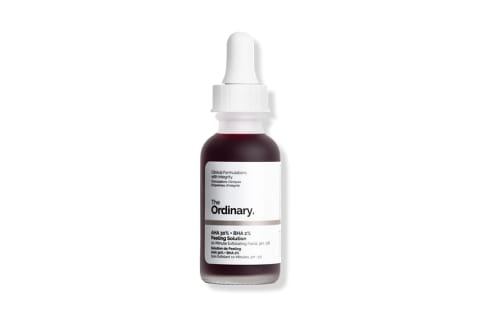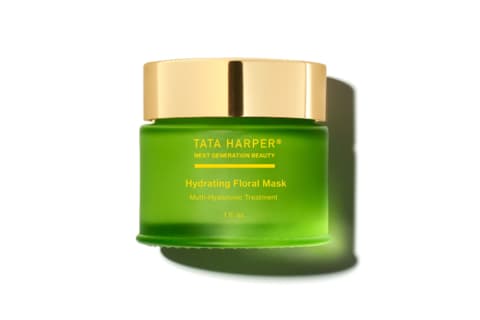But for a thoughtful, critical analysis of a formula—and its potential efficacy—there’s no one better to turn to than a cosmetic chemist, like Krupa Koestline. Cosmetic chemists are the folks actually doing the very arduous task of creating the products we so dearly love. Cosmetic chemists know what ingredients play nicely together, what sort of preservative system is needed for different types of formulas, and how to build a robust product that addresses the sought-after effect. Really good ones stay up to date on innovations and trends in the market while also utilizing the classic ingredients we know to be beneficial. This all makes for a person with very discerning taste: “It takes a lot for me to be surprised by something and really takes a lot for me to fall in love with a product,” says Koestline. Here, a few things she actually has fallen in love with. “I really thought about it and realized that no matter what kind of surfactant or foaming agent you use, it’s really not meant for your face. As soon as you put on a surfactant in the area, you’re stripping away and completely changing the biome on your skin: You’re taking off all of the good oils that you would normally have on your skin that are protecting you from all the bad bacteria. I don’t know why we started using soaps on our face, but I don’t agree that they should be used there. “Instead, I use balms and oils, and I’ll either put them on before the shower or in the shower. I really love how it makes my skin feel after: plump, moisturized enough, and yet not overly oily. I’ve forever used May Lindstrom’s Blue Cocoon, which is very expensive, but it only takes a tiny amount to work into the whole face. It just works for me.” I love rose water because it’s the perfect thing to cool me down. It’s very grounding. It smells beautiful. You know how when you are on a vacation, you come back home, you take that deep breath, and you’re like, OK, I’m home. That’s the feeling I get when I spray rose water. I keep one in the fridge, I have one in my purse, I keep them everywhere.” “I do a face mask every weekend. I always had a set of like three to four face masks, and whatever is going on with my skin, I’ll use one of those masks to help. The mask I pick is totally dependent on how my skin looks and what is going on in my life in general. “When my skin is acting up—like I’m closer to my period or I’m breaking out—I’ll do Aveda’s Tourmaline mask. When my skin feels congested, I’ll leave it on, and after it dries a bit, then I’ll massage it in. It has physical exfoliants that are not too harsh. Then I’ll rinse it off. “The Tata Harper floral is hydrating, so I’ll use that when my skin is feeling too dry. Maybe I’ve had a really good weekend with lots of drinks, and now my skin is a little dehydrated. That’s why I’ll do a hydrating mask. “I’ll also have The Ordinary mask for when I’ve had sun exposure lately—I live in Florida, so it happens—or I’ve had a stressful couple of days and just want something reenergizing. It has AHAs to help shed off the old skin and get the new skin to the surface, so the complexion feels fresh and bright.”


